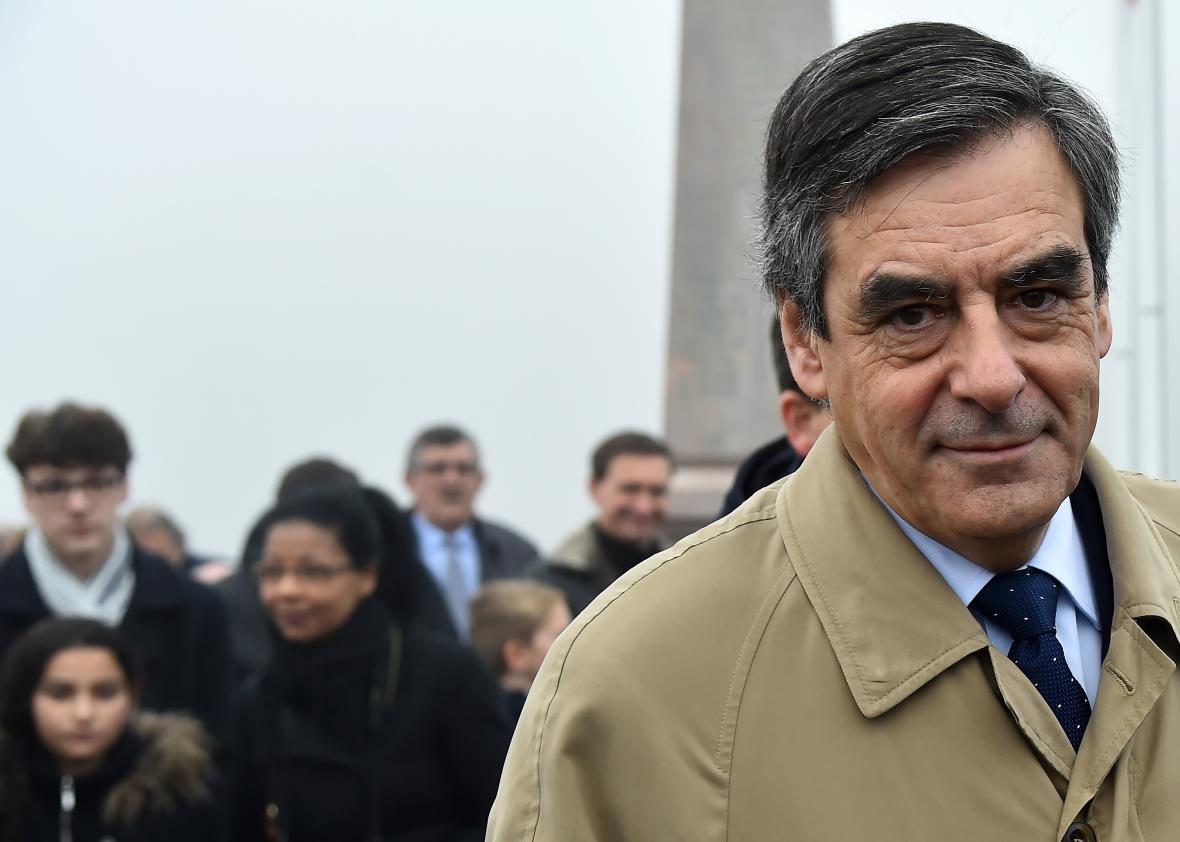In a major year for elections in Europe, one looming issue is whether EU countries should continue to enforce sanctions that were placed on Russia for its actions in Ukraine, or try to seek closer ties with Moscow. Europe ascendant far-right parties are generally pro-Russian, but so are some mainstream politicians including François Fillon, the candidate for the conservative Les Republicains party and current front-runner in this year’s French presidential election.
Fillon is currently visiting Germany, where he held talks with Chancellor Angela Merkel, another standard-bearer of the center-right, but on the opposite side of the Russia issue. Until now, sanctions-backers like Merkel could at least count on the support of the United States. The Obama administration had pushed the EU to take a harder line on Russia. But now, obviously, the message coming from Washington sounds a bit different, and European leaders are trying to adapt.
Speaking after his meeting with Merkel, Fillon said he remained “convinced” that the U.S.-European economic sanctions against Russia “are totally ineffective.” He then went on to say that “I do not want Trump to talk with Russia at our expense. It would be damaging for Europe if Trump went above our heads, which is not inconceivable.”
Fillon can’t run on lifting the sanctions by saying, “I agree with Donald Trump.” The U.S. president is dismally unpopular in France. But he can use the threat of Trump, arguing, in effect, we can’t let the Americans team up with Russia and leave us out.
Update, 5 p.m: Fillon is also using Trump to argue for more military spending, saying, that his inaugural address “should make it clear to us that the Americans are withdrawing.”
